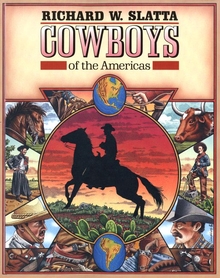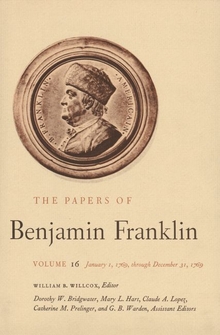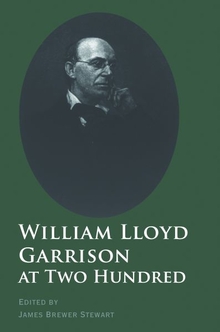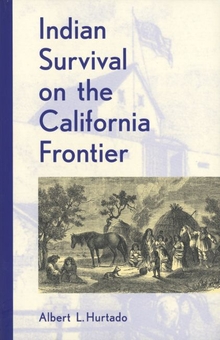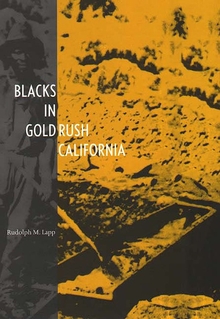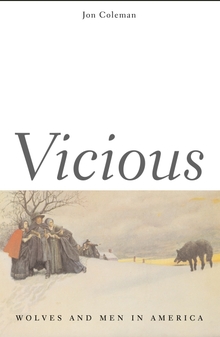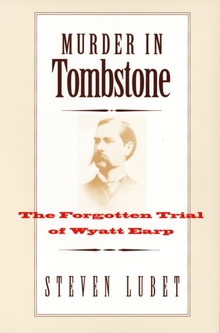Cowboys of the Americas
WARNING
You are viewing an older version of the Yalebooks website. Please visit out new website with more updated information and a better user experience: https://www.yalebooks.com
Richard W. Slatta
Out of Print
"This book makes for enjoyable reading. . . . Will become fundamental reading for all who are interested in continuing research on the New World's most inspiring heroes, the horsemen."—John Donahue, Great Plains Quarterly
"Slatta writes well and provides the reader with an in-depth study of a fascinating subject. The book has lavish illustrations, a valuable glossary, and good bibliographical notes. . . . This is an important work that will interest any student of Latin America."—Julian Pleasants, Hispanic American Historical Review
"A lavishly illustrated and beautifully written work of sustaining value. . . . Rich in detail."—Dale L. Walker, Southwestern Historical Quarterly
"A sweeping comparative overview of the rise and fall of the cowboy and the cattle ranges he worked, from the Argentine pampas to the Alberta prairies. . . . Slatta has drawn upon an array of multinational scholarship, as well as his own archival research, to fashion an engaging and beautifully illustrated foray into the world of the cowboy."—John H. Lenihan, Western Historical Quarterly
Publication Date: October 26, 1994
139 b/w illus.

